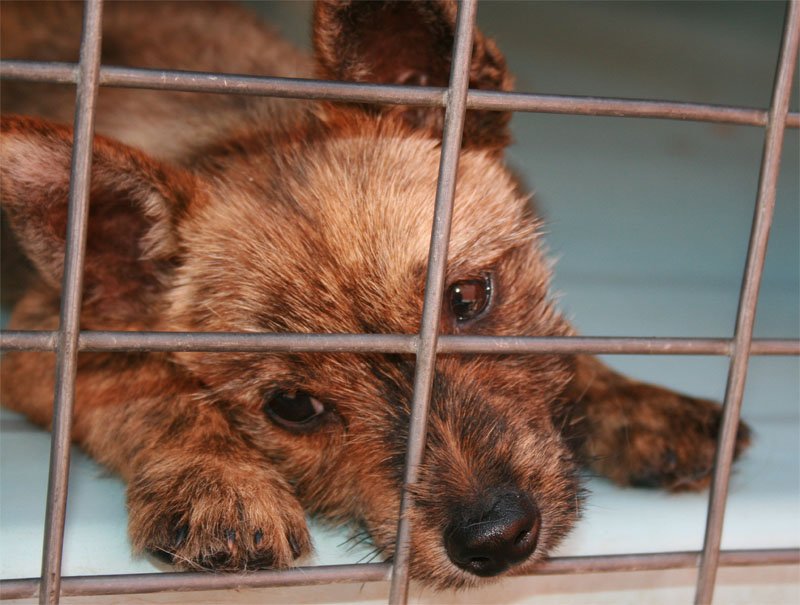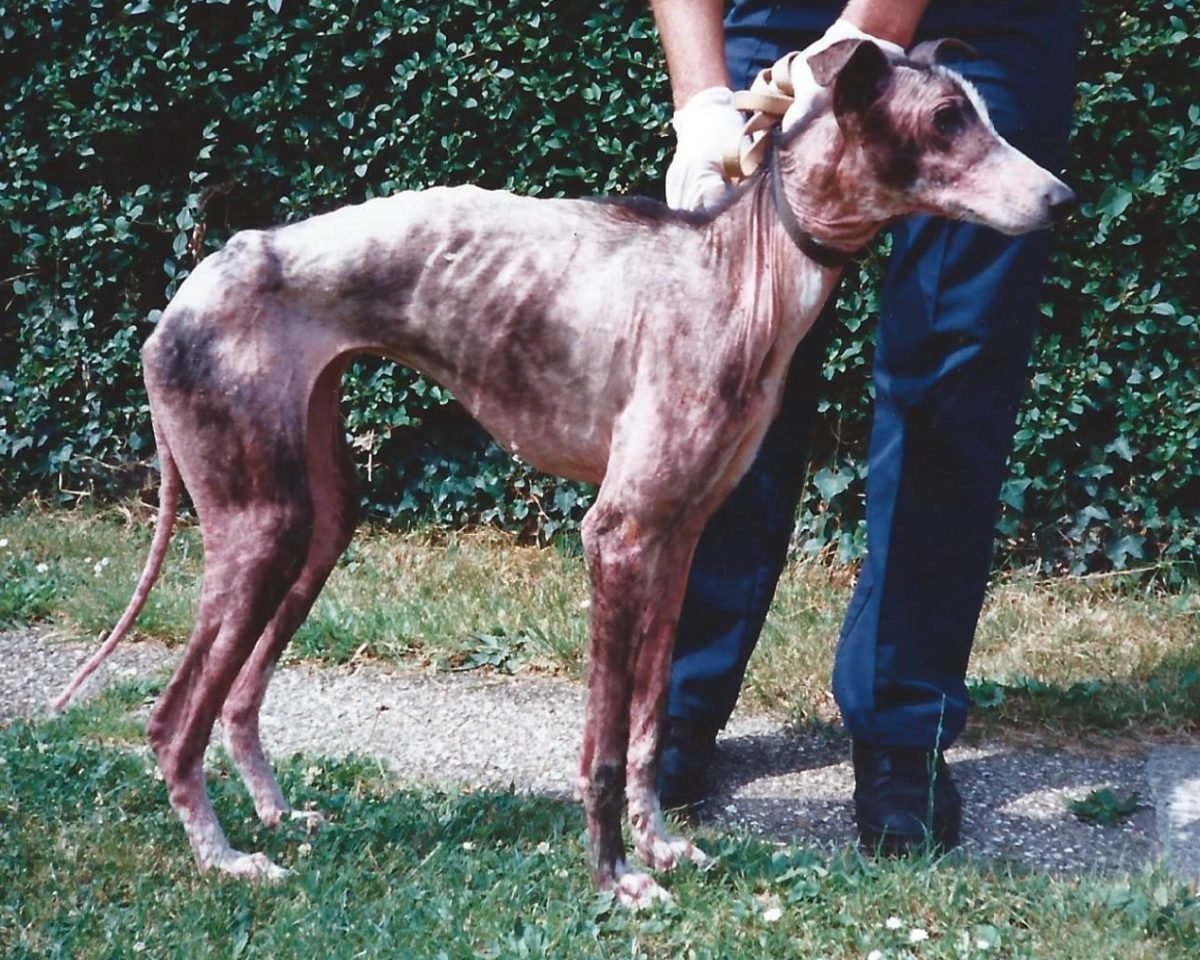
Better late than never
There hasn’t been much media attention over the last year of the upcoming Animal Activities Licensing Act 2018 due to go through Parliament on the 5th. October 2018. It is important and relevant to a lot of the welfare issues which cause immense suffering, particularly the illicit puppy breeding and selling industry which does hit the headlines regularly. The law is aimed at registering specific animal-related establishments and activities, with the aim of maintaining good standards of animal welfare.
The new law will regulate the licensing of performing and exhibition animals, pet sales, dog and cat boarding, riding establishments and importantly dog breeding.
The new law will replace five outdated ones which have been in place since 1925 which have obviously been overtaken in the century it has taken this nation of animal lovers to update them.
The Animal Activities Licensing Act again highlights our lackadaisical approach to animal welfare, as these laws should have been updated soon after the Animal Welfare Act (AWA) 2006 came into force. In the interim 12 years, a lot of animals may have suffered as the old licensing laws were not compatible with the new AWA, so not all local authorities had applied its requirements to their licensing activities, which resulted in some welfare needs not being met.
Again this is because of the absurdity that local authorities are not required to enforce the AWA Act, even though they have powers to do so.
The huge step forward is that anyone trading commercially in pets online will need a licence and to give their licensing details in the advertisements, which should allow prospective owners to pick out the legitimate ones.

The rules for licensed breeding premises are tightened as well, with only the breeder being able to sell the puppies from their own premises, with the mother of the pup present. Strict rules on caring for the mother and pups are included as is the procedure for the hand-over of the puppy to new owners. Supposedly it will make backstreet breeders toe the line and keep to high welfare standards and obtaining licences.
The Animal Activities Licensing Act is a great step forward and must be welcomed by all
It shows how low our standards must have reached when it is necessary to include the following provisions in the Act for the way the bitches are kept. The new Act specifies that they must have the space to:
Stand; Lie down outstretched; Wag their tails; walk and turn round.
How basic is this and how similar to the requirements for intensively farmed animals and birds. The shame of it is that conditions may well get better, but puppies can still be bred in conditions as bad as intensive farming. All that’s changed is that the places will be licensed.
The law is a great step forward and must be welcomed by all, except of course for certain sections of the trade, but as always it will only be as good as its enforcement and as always who will be enforcing it – the overstretched local authority inspectors who are too busy trying to make sure the local corner kebab shop is performing good food hygiene standards.
We will see……….
Animal Rights & Wrongs Blog: Why not become a follower by clicking on the black FOLLOW button.
